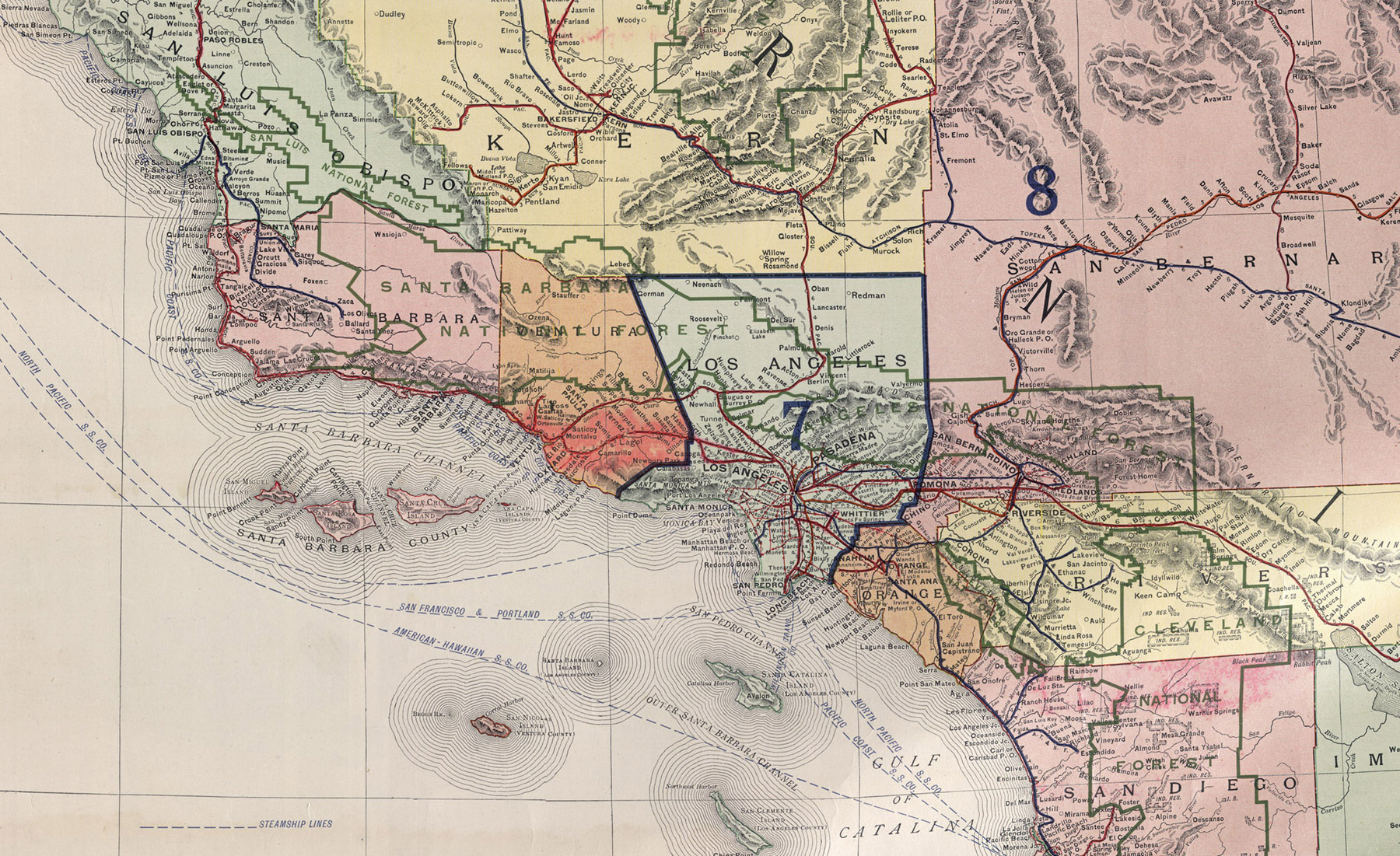
#324 Old Town San Diego
Old Town San Diego State Historic Park preserves 29 acres of the first European settlement on the West Coast. It was the main city center and witnessed three major eras: Spanish rule from 1769-1821, Mexican Independence from 1821-1850 and later admittance to the United States from 1850-1872. Life here remained slow-paced with a population never reaching over 700. Old Town is the most visited State Park in California with 5 original adobes, museums, shops, restaurants and gardens.
#261 Ramona's Marriage Place
Built by early settles José María Estudillo and his son José Antonio Estudillo, Casa de Estudillo is an historic adobe in Old Town San Diego that was one of the finest homes of its time. In 1884, Helen Hunt Jackson wrote 'Ramona', a romanticized novel based on the discrimination of Native Americans. It was called the finest novel written by an American woman at the time. It became so popular that people began traveling to California just to see the locations depicted in the book. San Diego capitalized on this influx and renamed the adobe 'Ramona's Marriage Place'.
#217 Santa Rosa Plateau Ecological Reserve
Santa Rosa Plateau Ecological Reserve is a park in Riverside County on the edge of the Santa Ana Mountains. The plateau preserves native plants, vernal pools, Engelmann oaks and the historic Moreno and Machado Adobes built in 1846. In the springtime, wildflowers surround the winding trails whose hills turn brilliant shades of green. The geology of the plateau contains rich volcanic history which created a landscape that has looked the same for millions of years.
#200 Avila Adobe
Part of El Pueblo de Los Ángeles Historical Monument, Avila Adobe was built in 1818 and is the oldest residence in Los Angeles. Francisco Avila, mayor in 1810, built the Adobe to entertain and conduct business as it was in the center of the Plaza alongside working his rancho in the countryside. He hosted family as well as travelers including famous explorer Jedediah Smith. Though falling into ruin and condemned in 1920's, Christine Sterling from San Francisco, helped gain public interest and save it from destruction. The state acquired the property as a state park in 1953.














